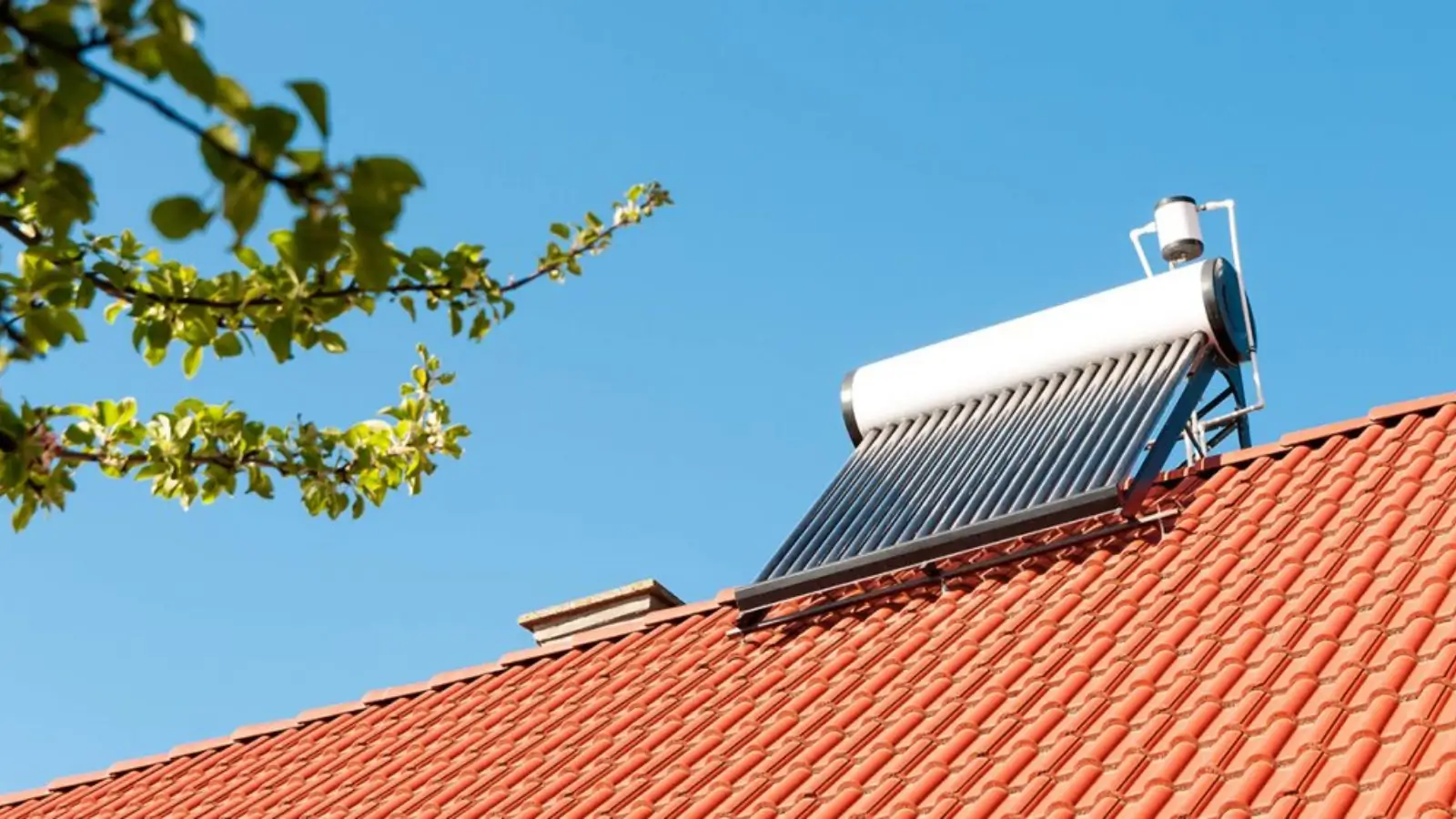


Adelaide homeowners are increasingly turning to solar solutions to cut down on rising energy bills. One of the most practical and sustainable options is solar hot water Adelaide systems. By harnessing the sun’s power, households can enjoy reliable hot water while lowering environmental impact and long-term costs.
A solar hot water system collects energy from sunlight to heat water for daily use. Rooftop panels or collectors capture solar energy and transfer it to a storage tank, keeping water hot and ready throughout the day.
There are two main types of systems commonly used in Adelaide:
A booster powered by gas or electricity ensures hot water availability even when sunlight is limited.
With over 2,500 hours of sunshine a year, Adelaide provides the perfect environment for solar technology. Households that install solar hot water Adelaide systems gain a range of long-term benefits, including:
Conventional electric or gas systems rely entirely on grid power or fossil fuels. In contrast, solar units use renewable energy first, drawing on backup power only when necessary. The result is lower bills, less maintenance, and a longer lifespan.
Homeowners also report fewer service interruptions and greater energy independence, especially during peak-usage periods or grid outages.
Before installing a solar system, it’s important to evaluate a few essentials to ensure maximum efficiency:
Working with a licensed professional ensures compliance with Australian standards and optimal system performance.
Solar systems require minimal maintenance, but regular checks keep them efficient and reliable.
Here are a few practical steps:
Routine maintenance not only extends system life but also maintains maximum energy savings.
Yes. Even during cloudy days, collectors absorb diffuse sunlight. The backup booster ensures water stays hot throughout the season.
Most homeowners begin noticing significant energy savings within the first few months. In many cases, installation costs are recovered in four to seven years.
Yes. Many existing electric or gas systems can be upgraded to solar-assisted models, making it an easy step toward sustainability.
Heating water is one of the largest sources of household energy use. By switching to solar, Adelaide residents can reduce both their carbon emissions and demand on the electricity grid. This not only benefits the environment but also contributes to Australia’s broader renewable-energy targets.
Sustainable technology like solar hot water Adelaide supports cleaner cities, better air quality, and a greener future for South Australian families.
Adopting solar hot water Adelaide systems is more than a cost-saving measure—it’s a commitment to sustainable living. With abundant sunshine, generous rebates, and modern reliability, solar water heating is one of the smartest upgrades any homeowner can make.
Energy efficiency starts at home, and solar hot water is the perfect first step toward a cleaner, more affordable lifestyle.